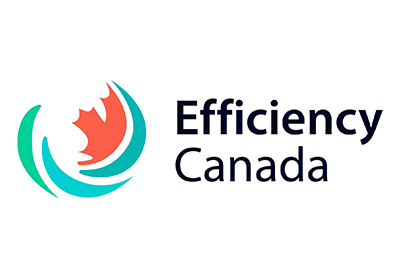Quebec Moves to Strengthen its Energy Independence via Efficiency Plan

Oct 23, 2019
Having cemented its reputation as a national clean-power leader and energy-transition innovation hub, Quebec is now making moves to solidify its energy independence via efficiency.
In mid-2018, Energy Transitions Quebec, an agency under the province’s Energy and Natural Resources Ministry, released a plan to establish energy efficiency as a priority resource. The province is now taking initial steps to implement the plan. For example, it is working on the first upgrade to its provincial building code since 1983.
“Despite having one of Canada’s cleanest grids, Quebec still relies heavily on fossil fuels for transportation and industry,” said Corey Diamond, executive director of Efficiency Canada.
“Every watt that the province saves through efficiency is one that can be used to cleanly power electric vehicles, electrify industry, or displace U.S. gas and coal power plants—generating provincial export revenue while helping reduce carbon and air pollution across New England.”
The Energy Transition, Innovation, and Efficiency Master Plan includes a commitment to establish an economy-wide energy efficiency target of 1.2 percent per year between 2018 and 2023. It also seeks to slash petroleum consumption 40 per cent by 2030.
The Plan calls efficiency “the first line of response to the ever-growing demand for energy, and the key measure for improving quality of life, protecting the environment, and boosting the productivity of Québec’s companies.”
Efficiency Canada is spotlighting how actions to improve energy efficiency, such as improved building codes, will benefit Quebec homeowners and businesses engaged in energy efficiency work.
For example, Quebec-City based Ambioner recently retrofitted the Grand Théâtre de Québec, a performing arts facility, saving the crown corporation that operates the complex $80,000 in its first year alone. “I want to design buildings that will change the world,” said Miguel Duarte e Sousa, Ambioner’s owner.
A strengthened commitment to energy efficiency will also stimulate the market for a wide range of companies that manufacture, service, and commission high-performance new buildings — as is occurring in British Columbia under the BC Energy Step Code.
“We’re making a difference in the community on both an economic and an environmental level by showing building owners how their long-term choices can be both economically viable and ecologically beneficial,” said Catherine-Anne Renaud, who owns R+O Énergie, a building energy consulting company in Notre-Dame-du-Portage, Quebec.









![Guide to the Canadian Electrical Code, Part 1[i], 26th Edition– A Road Map: Section 56](https://electricalindustry.ca/wp-content/uploads/2022/11/Guide-CE-Code-2.png)






